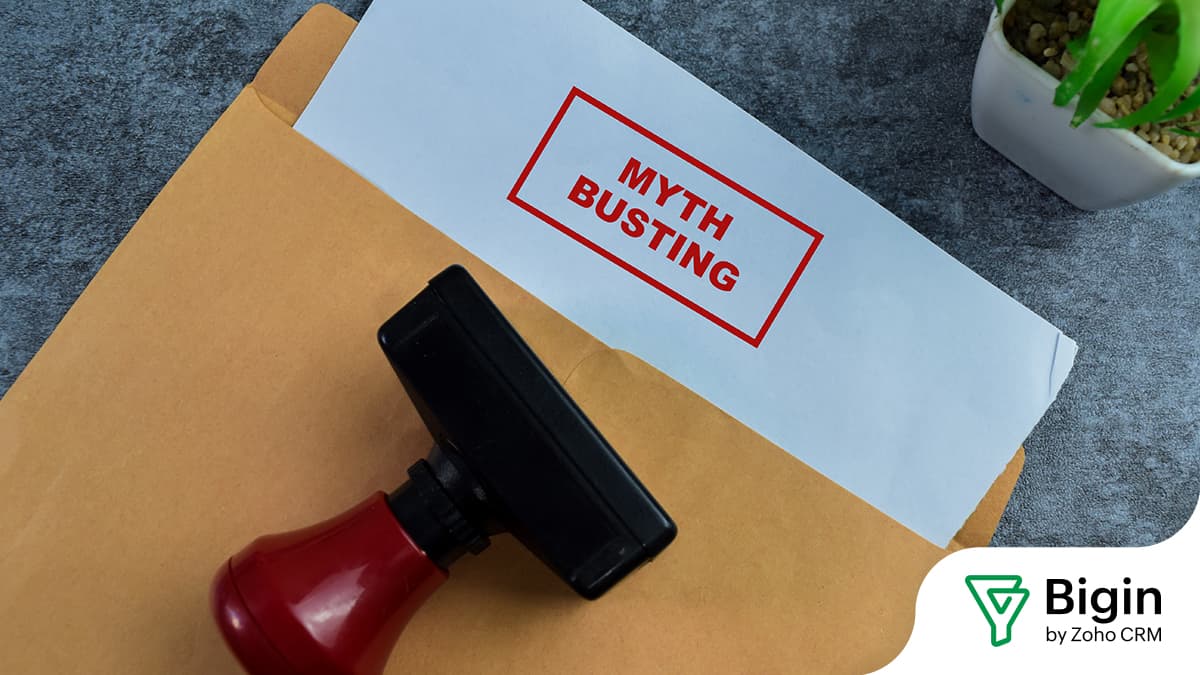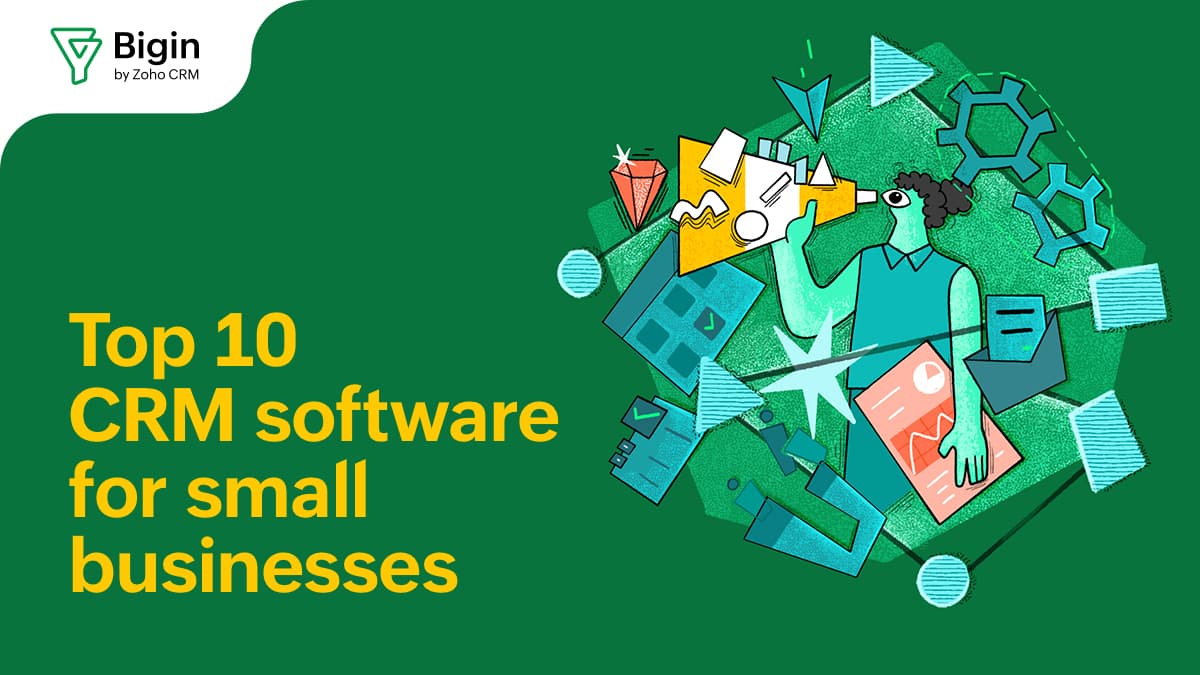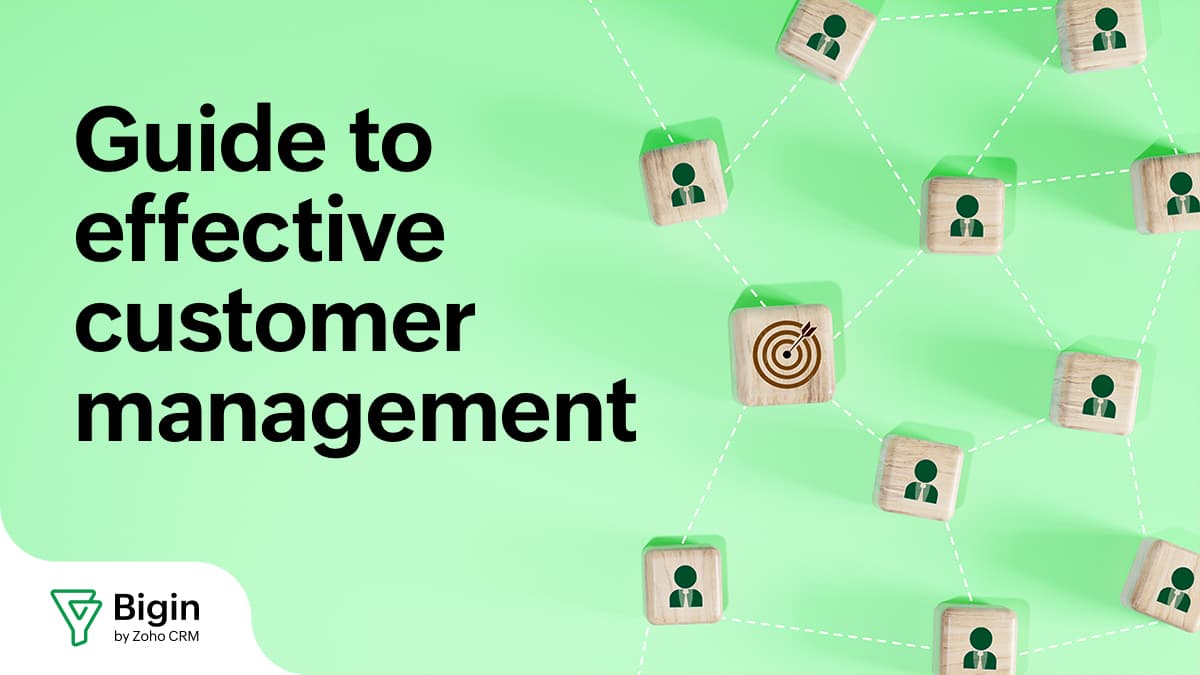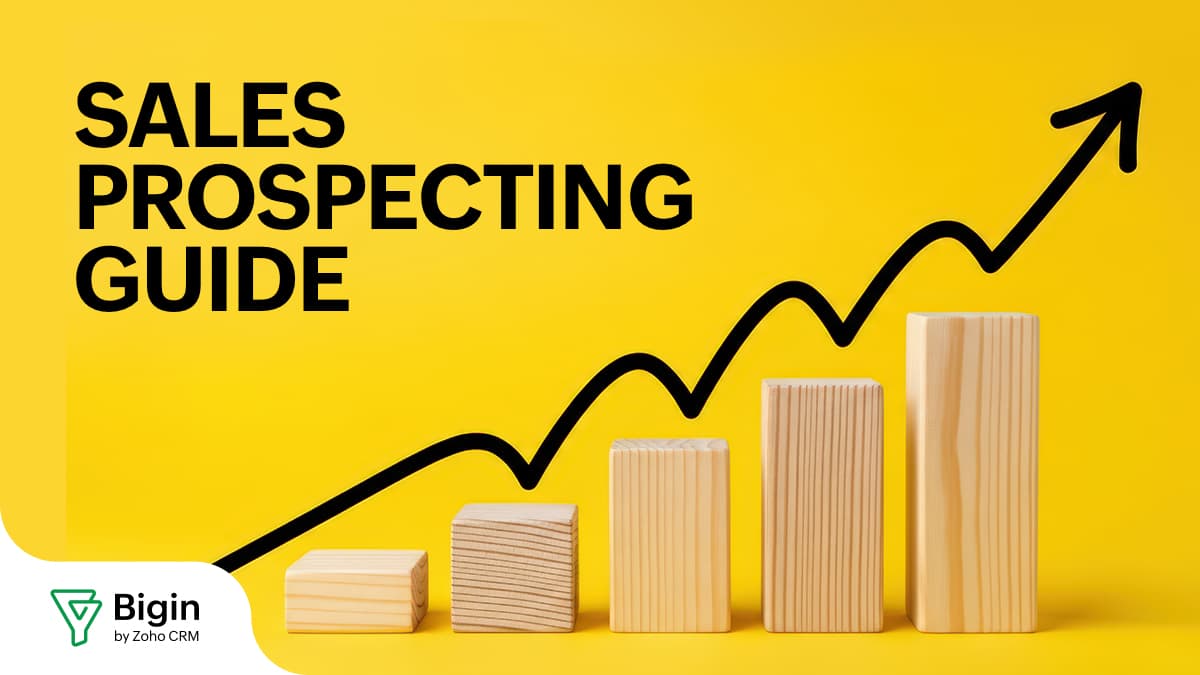Top 5 sales myths busted
- Published : July 24, 2025
- Last Updated : July 28, 2025
- 275 Views
- 6 Min Read

Sales is one of those fields that everyone thinks they understand—until they’re actually in the trenches. Maybe you’ve heard a few “golden rules” from colleagues or read some bold claims online. But here’s the truth: a lot of what passes for sales wisdom is actually myth. Believing these misconceptions can hold you back, whether you’re new to sales or a seasoned pro looking to sharpen your edge.
In this article, we’re going to bust the top 5 sales myths wide open. You’ll learn what really works, why these myths persist, and how to approach sales with confidence and clarity. Ready to challenge what you think you know? Let’s dive in.
Myth 1: Great salespeople are born, not made
The myth explained
You’ve probably heard it before: “She’s a natural salesperson,” or “He just has the gift of gab.” This myth suggests that sales success is all about innate talent, charisma, or personality. If you weren’t born with it, you’re out of luck.
But wait, there’s more to the story.
The reality: Sales skills can be learned
Here’s the deal: while some people may have a head start with certain traits (like being outgoing or persuasive), the most successful salespeople are those who invest in learning and practice. Sales is a craft, not a genetic lottery.
Consider this: top sales organizations invest heavily in training and ongoing development. Why? Because skills like active listening, objection handling, and consultative selling can be taught and refined. Even introverts can excel in sales by leveraging empathy and thoughtful communication.
Hypothetical Real-world example:
Take Sarah, who started her career in customer support. She wasn’t the loudest in the room, but she listened closely and solved problems efficiently. When she transitioned into sales, she used those same skills to understand customer pain points and offer tailored solutions. Her sales numbers soared—not because she was born a salesperson, but because she learned and adapted.
Practical takeaway
If you want to improve in sales, focus on building your skills. Read books, attend workshops, seek feedback, and practice relentlessly. Don’t let the “born not made” myth limit your potential.
Myth 2: The best salespeople are relentless closers
The myth explained
Movies and TV shows love to glamorize the “hard closer”—the salesperson who never takes no for an answer and always pushes for the deal. This myth paints sales as a high-pressure, aggressive game where only the most persistent survive.
But is that really how the best deals get done? Let’s take a closer look.
The reality: Relationship-building beats hard closing
Modern sales is about trust, not pressure. Buyers today are more informed and have higher expectations. They can spot a pushy salesperson a mile away—and they’ll run in the other direction.
Instead, top performers focus on building genuine relationships. They ask questions, listen actively, and provide value at every step. Their goal isn’t just to close a deal, but to solve a problem and create a win-win outcome.
Hypothetical Real-world example:
Consider Alex, who sells enterprise software. Early in his career, he tried the “always be closing” approach, but struggled to hit his targets. When he shifted to a consultative style—spending more time understanding client needs and less time pitching—his close rate improved dramatically. Clients trusted him, and many became repeat customers.
Practical takeaway
Don’t fall into the trap of thinking you need to be a relentless closer. Focus on building trust and delivering value. The deals will follow.
Myth 3: The product sells itself
The myth explained
You’ve probably heard someone say, “Our product is so good, it sells itself.” This myth assumes that if you have a great offering, customers will flock to you with little effort.
Let me explain why this thinking is risky.
The reality: Even the best products need effective selling
No matter how innovative or high-quality your product is, it won’t magically find its way into customers’ hands. Buyers need to understand how your solution fits their specific needs. They need guidance, education, and reassurance.
Think about it: Apple’s products are world-renowned for their design and functionality. Yet, Apple invests billions in marketing, sales training, and customer experience. Why? Because even the best products need a compelling story and skilled advocates.
Hypothetical Real-world example:
Imagine a startup with a breakthrough cybersecurity tool. The founders believe it’s a game-changer, but initial sales are slow. After hiring a sales team that can articulate the product’s value and address customer concerns, sales take off. The product didn’t change—the approach did.
Practical takeaway
Don’t rely on your product to do all the heavy lifting. Invest in your sales process, messaging, and customer education. A great product plus great selling equals real success.
Myth 4: More activity always equals more sales
The myth explained
This myth is everywhere: “Make more calls, send more emails, and you’ll close more deals.” Activity metrics are easy to measure, so it’s tempting to equate busywork with productivity.
But here’s the truth: not all activity is created equal.
The reality: Quality trumps quantity
Sure, you need to put in the work. But if you’re calling the wrong prospects or sending generic emails, you’re spinning your wheels. The most successful salespeople focus on high-quality activities that move the needle.
Let’s break it down:
- Targeted outreach: Research your prospects. Personalize your approach.
- Meaningful conversations: Aim for real engagement, not just checking boxes.
- Strategic follow-up: Prioritize leads based on fit and interest.
Hypothetical real-world example:
Jenna, a B2B sales rep, used to make 100 cold calls a day with little to show for it. When she started researching her prospects and crafting tailored messages, her response rates and conversions improved—even though she was making fewer calls.
Practical takeaway
Don’t just chase activity for activity’s sake. Focus on doing the right things, with the right people, at the right time. Quality always beats quantity in the long run.
Myth 5: Price is the only thing that matters
The myth explained
It’s easy to assume that customers only care about getting the lowest price. This myth leads salespeople to compete on discounts and race to the bottom.
But wait, there’s more to the buying decision than just price.
The reality: Value and trust drive buying decisions
While price is a factor, it’s rarely the only one. Buyers consider a range of elements:
- Product quality and features
- Customer support and service
- Brand reputation
- Ease of implementation
- Long-term ROI
If you focus solely on price, you miss opportunities to differentiate and demonstrate value. The best salespeople help customers see the bigger picture.
Hypothetical real-world example:
A managed IT services provider was losing deals to cheaper competitors. Instead of slashing prices, they started highlighting their 24/7 support, proactive monitoring, and client success stories. Prospects realized the extra value was worth the investment—and sales rebounded.
Practical takeaway
Don’t lead with discounts. Lead with value. Help your customers understand why your solution is the best fit for their needs, even if it costs a bit more.
How to spot and overcome sales myths in your own work
Recognize the warning signs
So, how do you know if you’ve fallen for a sales myth? Here are a few red flags:
- You find yourself repeating “common wisdom” without questioning it.
- You’re frustrated by lackluster results despite working hard.
- You notice successful colleagues doing things differently.
Ask better questions
Challenge assumptions by asking:
- Why do we do things this way?
- What do top performers actually do differently?
- Is there data to support this approach, or is it just tradition?
Stay curious and keep learning
Sales is always evolving. The best salespeople are lifelong learners. They seek out new ideas, test different strategies, and adapt to changing buyer behaviors.
Pro tip:
Join sales communities, attend webinars, and read case studies from other industries. You’ll discover fresh perspectives and avoid getting stuck in old patterns.
Key takeaways: Busting sales myths for good
Let’s recap what we’ve learned about the top 5 sales myths:
- Great salespeople are made, not born: Skills can be learned and developed.
- Hard closing isn’t everything: Building trust and relationships leads to lasting success.
- Products don’t sell themselves: Effective selling and storytelling are essential.
- Quality beats quantity: Focus on meaningful, targeted activity.
- Value matters more than price: Help buyers see the full picture.
By letting go of these myths, you’ll approach sales with a clearer mind and a sharper toolkit. Remember, the most successful salespeople aren’t just following scripts or chasing numbers—they’re solving real problems for real people.
So, next time you hear a bit of “sales wisdom,” pause and ask yourself: Is this a proven strategy, or just another myth waiting to be busted? Stay curious, keep learning, and watch your sales results soar.
Ready to put these insights into action? Start by picking one myth you’ve believed and challenge yourself to try a new approach this week. You might be surprised by the results.
 Anubhav
AnubhavAnubhav is a product marketer with an insatiable thirst for all things content marketing, technology, and SaaS. His expertise lies in crafting compelling narratives that resonate with audiences and drive business growth. With a deep-rooted interest in entrepreneurship, Anubhav closely follows the latest industry trends and innovations, constantly seeking new ways to elevate marketing strategies.


